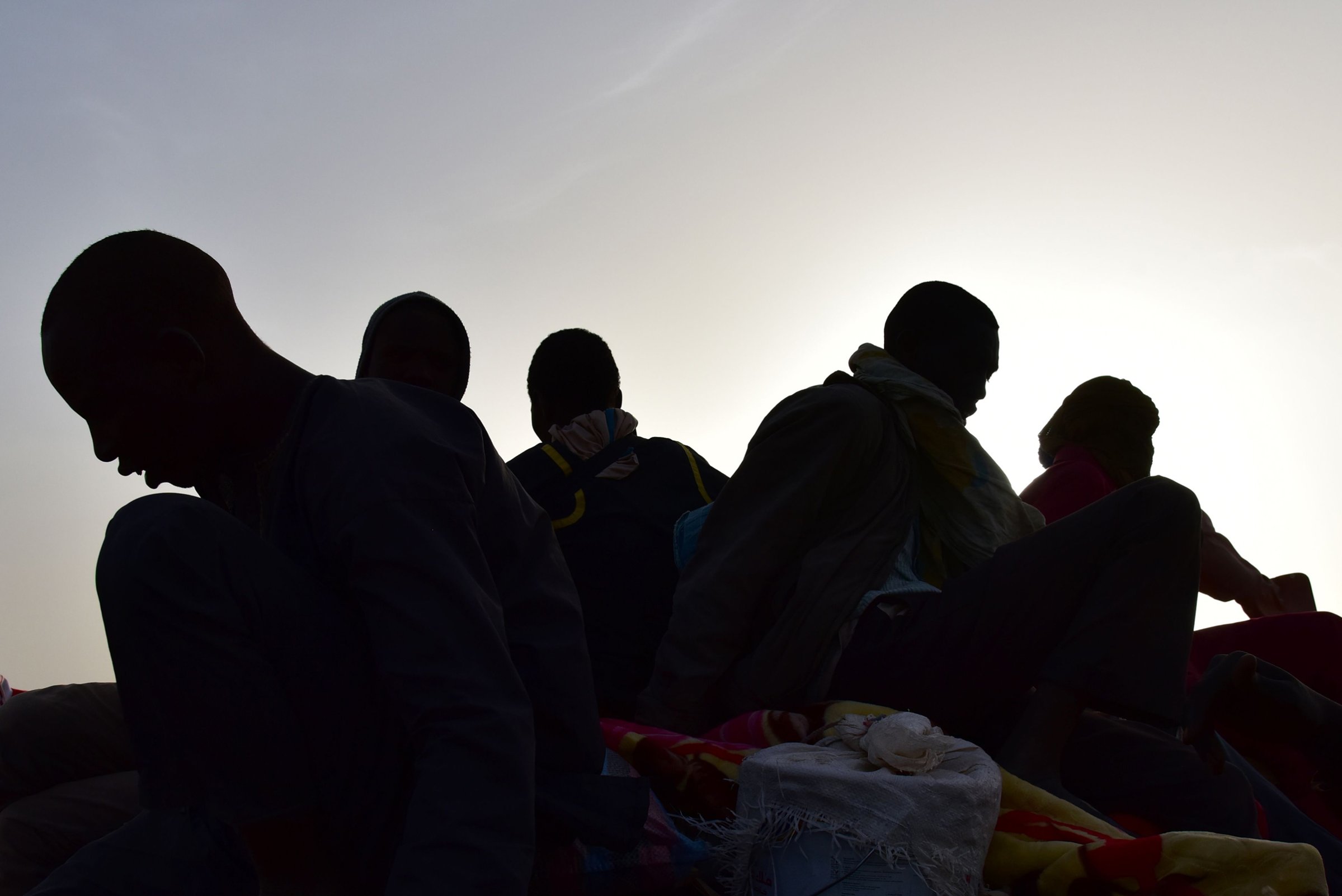
I first met Charles when I documented his scars. He planned to use my medical report as evidence in immigration court where he was applying for asylum based on the persecution he had endured for his political opinions. Charles’ interrogators had wanted him to stop protesting against the government. So they’d detained him after a peaceful rally and tortured him for two weeks. His captors kept him in a filthy, crowded, insect-infested cell. When they took him out of it to be questioned, they threatened his life and his family. They then beat, cut and burned him. Others captured protestors were not released. They were killed.
Charles, whose name I’ve changed for privacy reasons, was from a country in Africa ruled by a dictator with an abysmal human rights record. Knowing that his life would continue to be at risk, he fled to the U.S. for safety. Fortunately, the court granted him asylum. Once again, he was lucky.
The Trump Administration recently announced the decrease of the annual refugee cap to 45,000 — a record low, since 1980. That cap stands amidst the current 65 million individuals displaced worldwide — a record high, full stop.
The Trump Administration has since delivered to Congress a harsh new set of immigration proposals. A key section of the document outlines mandates that would make seeking asylum in this country, especially for children fleeing gang violence in Central America, more difficult. Another part proposes building more detention facilities for children who have just completed a harrowing journey to the U.S. border. It is clear the Trump Administration seeks to decrease the number of people who are granted asylum.
In my work, I have seen what it means for the United States to welcome refugees. Torture is not an abstract concept to me. In the last 10 years, I’ve been told more than 100 stories of this intentional infliction of pain. We’ve heard for nine months about America First, but non-English-speaking refugees who came to America with nothing but a hope for security is the first America.
As Charles told me about his experience, I couldn’t help but think of the wide variety of Americans who express their political views without fear of reprisal, of torture, of scars. Living in a country without protected free speech resulted in a different reality for Charles, as it does for millions of others around the world.
I also evaluate newly resettled refugees in my clinic, and talk to those who have suffered unspeakable persecution. They are simultaneously deeply grateful to be safe — often after years of fear and deprivation — and eager to establish themselves in the U.S. Each time I meet a refugee in my office, I realize I could be sitting in a room with any number of Americans since our country was founded. They share tales of danger and suffering, and they speak of hope of a new life. The refugees have already been granted legal status before entering the country, which makes them different from asylum seekers. But they also carry fear and trauma from their lives before, the effects of which can impact their emotional and physical health.
Physicians see humans in their most fundamental way, and our professional responsibility is to treat patients as people, regardless of their life histories or for that matter, their politics. In the exam room, politics falls away, if it’s even there, and I see patients as humans first. I invite lawmakers — especially officials who are strongly opposed to refugees but have never met one — to follow me for a day as I care for people, not “Syrians” or “Iranians” or “Somalis,” who often become the most hardworking and productive members of our communities. (They regularly succeed: refugees contribute more to the economy than they take, and the likelihood of violence from a refugee is below that of a native-born American.) When discussing issues of health and illness, patients are no longer abstract political caricatures.
When people hear about the work I do with refugees and asylum seekers, many of them are curious, if wary. I tell them about people like the young man who had just emigrated from Iraq after spending almost two years in a refugee camp in Jordan. He had come for his appointment after finishing his shift in a fast food restaurant, still wearing his uniform. His gratitude for the safety he felt in the U.S. and the opportunity he’d been given to work was palpable. My job — our job, really — is to help heal him. He is not alone.
More Must-Reads From TIME
- The 100 Most Influential People of 2024
- Coco Gauff Is Playing for Herself Now
- Scenes From Pro-Palestinian Encampments Across U.S. Universities
- 6 Compliments That Land Every Time
- If You're Dating Right Now , You're Brave: Column
- The AI That Could Heal a Divided Internet
- Fallout Is a Brilliant Model for the Future of Video Game Adaptations
- Want Weekly Recs on What to Watch, Read, and More? Sign Up for Worth Your Time
Contact us at letters@time.com